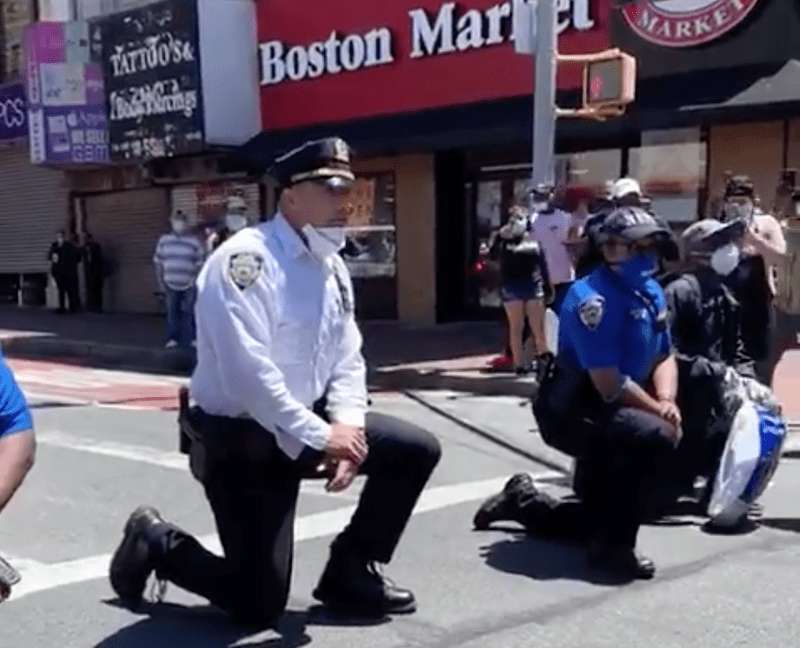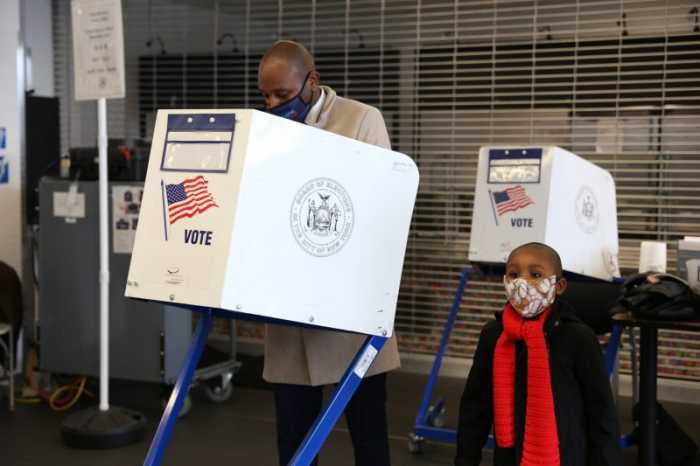Protests in response to the killing of George Floyd by a Minneapolis police officer tore through the nation and New York City the past few days, and Queens was no exception.
Despite the ongoing coronavirus pandemic, Queens residents took the streets on Saturday and Sunday in Jackson Heights, Jamaica and Flushing Meadows Park to protest the use of excessive force with perceived impunity on people of color by the NYPD and police officers nationwide.
And the question protestors are shouting in the streets is one Queens lawmakers are going to be required to answer through legislation: how do we police the police and prevent future police killings?
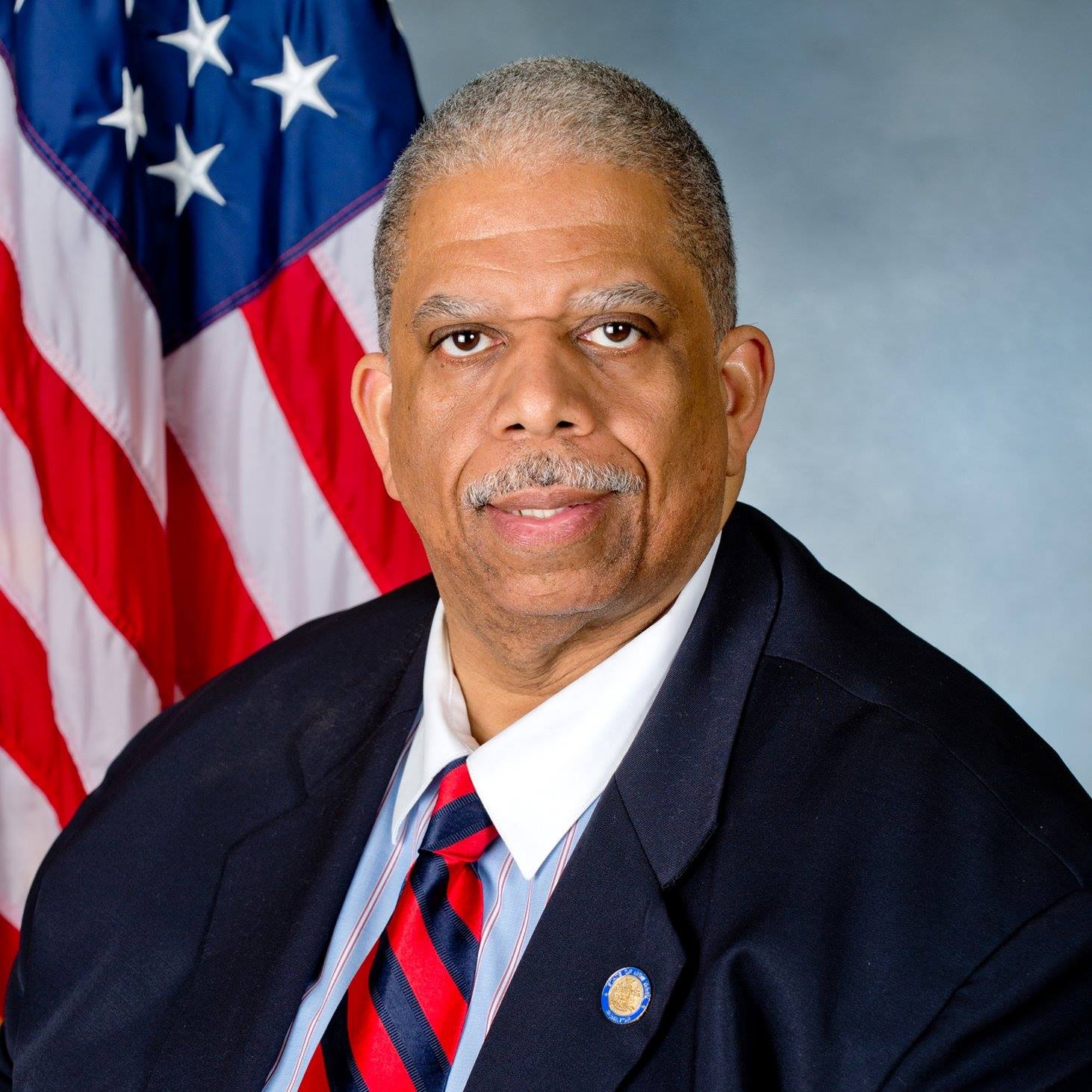
“We will not be subject to the whims of random bigoted strangers and corrupt law enforcement,” State Sen. LeRoy Comrie (D-Briarwood, Cambria Heights, Hollis, Hollis Hills, Hillcrest, Jamaica, Jamaica Estates, Jamaica Hills, Kew Gardens, Laurelton, Queens Village, Rosedale, South Jamaica, Springfield Gardens, St. Albans) wrote in an email to his constituents. “We will speak out, we will protest, we will leverage our spending power, we will legislate, we will organize, and we will overcome.”
The borough was spared the kind of civil unrest seen in Brooklyn and Manhattan, where protesters clashed violently with the NYPD. Critics of the police department have blamed the NYPD for escalating the situation while others blame the protesters for the violence.
Police Commissioner Dermot Shea lauded his department’s handling of the protests in a tweet. “In no small way, I want you to know that I’m extremely proud of the way you’ve comported yourselves in the face of such persistent danger…” he wrote.
As of Sunday afternoon 345 had been protesters arrested, 33 police officers injured, and 47 police vehicles vandalized citywide, according to the NYPD. The majority of the arrests took place in Manhattan and Brooklyn.
At a protest in Jamaica on Sunday afternoon which began near the Jamaica Center – Parsons/Archer subway station, NYPD officers knelt together with protesters during a moment of remembrance for victims of police violence.
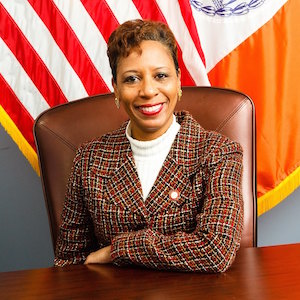

“While it is important that people protest peacefully it is also important that officers call out their bad actors,” said City Council Member Adrienne Adams (D-Jamaica, Richmond Hill, Rochdale Village, South Ozone Park. Jamaica). “There must be accountability for misconduct in order to move forward with public trust.”
Assembly Member Michael G. DenDekker (D-Jackson Heights) said that there needs to be legislation that gives officers an anonymous way to report on bad officers to an independent commission or to New York State Attorney General’s office.
“That could help the department head off future issues, weed out unfit police officers, and change the culture of the NYPD,” he said. “We have to do more than simply acknowledge that an injustice was committed here; we need to work to change the structural issues that allows racism to flourish in the police department and in society at the expense of people of color.”
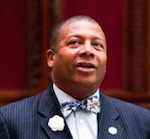
In a statement posted online, State Senator James Sanders Jr. (D- Laurelton, Rosedale, Springfield Gardens, Edgemere, Bayswater, Arverne, Far Rockaway) likened George Floyd’s death to Eric Garners. Garner was killed by an NYPD officer in Staten Island in 2014. The officer used a chokehold and like with Floyd, the encounter was caught on video. Both men said “I can’t breathe” before losing consciousness.
“The death of George Floyd reminds us of the inequities of the criminal justice system and how the lives of black and brown people are seen as less worthy than others,” Sanders wrote. “Yet, ironically, it is those very same people who make up the majority of essential and frontline workers, the very people who are saving the lives of so many others.”


